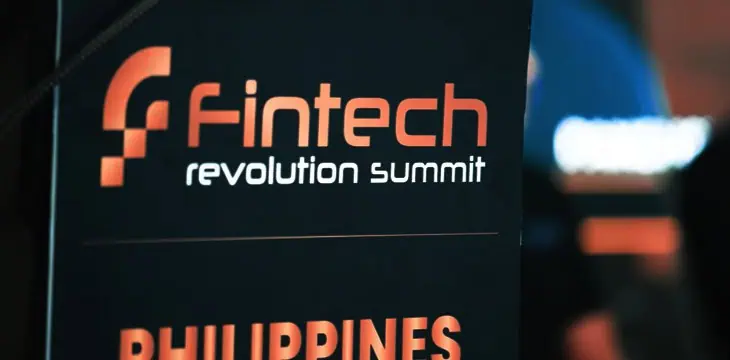|
Getting your Trinity Audio player ready...
|
Collaboration is the key to success. The Blockchain Social Philippines on August 2 proves just that as industry thought leaders from the academia, government, and private organizations gathered in Manila to lay out the Philippines’ next endeavor in the blockchain sphere.
Pioneering this golden digital era for the Southeast Asian country is the global blockchain and Web3 solutions firm nChain, whose leaders are setting the tone for what the Philippines can accomplish ahead of this era.
Embarking on this journey with nChain is BSV Blockchain Association’s Director of Education, Evan Freeman. Speaking with CoinGeek, Freeman shared that they are here to guide higher educational institutions in the Philippines to show blockchain can be a bridge to the bright future of entrepreneurs in the country.
“The Filipino people have immense potential,” notes Freeman. “Really, the issue that the Philippines faces—a lot of these issues—actually can be overcome using blockchain technology.”
Delving into the loose threads to adopting the technology, nChain Director Strategy Simit Naik thinks that the biggest hindrance lies in the lack of opportunities to upskill employees in the space. To address this, the global blockchain solution offers an incubator program that aims to help homegrown talents in the Philippines increase their blockchain skills to a top global level.
“You would have heard today that we’re gonna be launching Block Dojo, an incubator in the Philippines. The purpose of that is to be able to upskill and provide knowledge and expertise to the next wave of innovators,” Naik says.
nChain’s Executive Chairman Stefan Matthews sees that the biggest use case of blockchain in the Southeast Asian country lies not only in the workforce movement but also in disaster risk management, which the Philippines badly needs because a large part of the archipelago’s territory lies in the world’s notorious “typhoon belt.”
“I asked [Philippine President Ferdinand ‘Bongbong’ Marcos Jr.] what sort of solutions he wanted to see come through. Coincidentally he talked about agriculture. He also talked about the supply chain. Then he talked about the weather—weather management, disaster management,” Matthews shared.
“I’m thinking if we had an IoT-based implementation around weather and flood management, somewhere in the Philippines, there’d be central control, and we would see centimeter by centimeter movements in flood water across widespread areas,” Matthews said.
With the movement of nChain, blockchain can help thriving countries like the Philippines resolve their issues within fields like education, workforce, and disaster management. It’s time to seize the opportunities that the country has to offer.
Watch Blockchain Social Manila: Digitalization through blockchain will turbocharge Philippines growth

 07-05-2025
07-05-2025 





